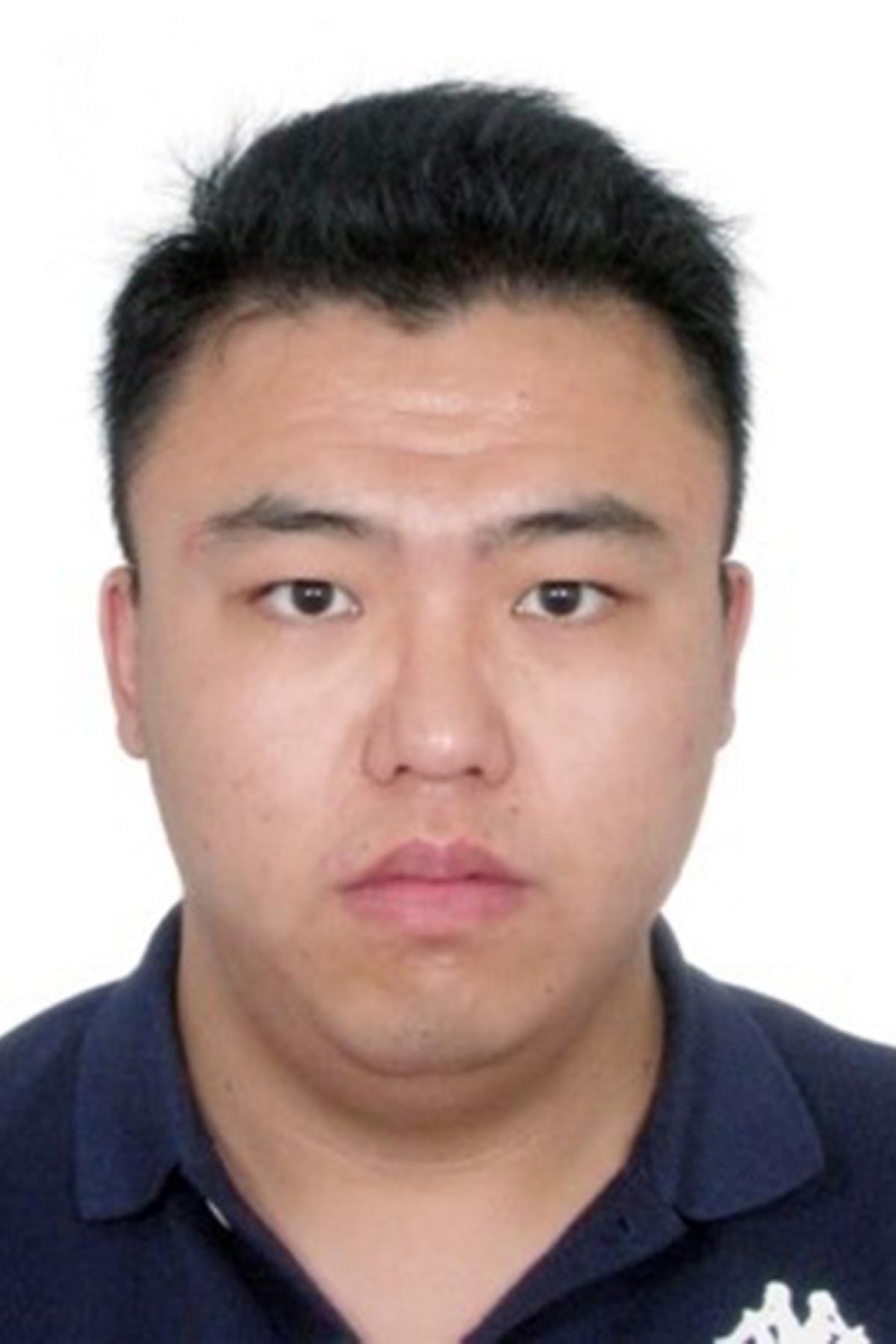Mechanical Modulation of Particle-cell Interactions
Mechanical forces play critical roles in many biological processes, but how particle mechanical properties modulate particle-cell interactions remains elusive.
This project aims to develop new design principles for engineering nano/micromaterials with tunable mechanical properties for improved cell activation and expansion, and to advance knowledge of the role of particle stiffness in modulating receptor-mediated particle-cell interactions. Expected outcomes and benefits include new fundamental understanding of the effect of particle mechanical properties on cell function, new insights into T cell activation and expansion, and new classes of stiffness-tunable fit-for-purpose materials for various applications in cell manufacturing.
Current projects

Dr Yue Hui
T cell activation and amplification using aAPC
Primary investigator
Dr Yue Hui
Post Doctoral Researcher
Project abstract
During his PhD candidature, Yue focused on the development of nanoparticle systems having controllable mechanical properties (stiffness, Young’s moduli) and the investigation on how nanoparticle’s mechanical properties affects their performances in targeted drug delivery, such as cellular uptake and biodistribution. Yue also has intensive experience in the fabrication of hydrogel-based soft electronics using additive manufacturing (3D printing) techniques. Yue’s current project aims to elucidate the influence of nanoparticle’s mechanical properties on T cell activation for cancer immunotherapy.

Mr Fei Hou
Optimisation of aAPCs for T cell activation
Primary investigator
Mr Fei Hou
PhD Student
Project abstract
Research on T cell activation has gained extensive attention along with the rapid development of adoptive cell therapy (ACT). Meanwhile, study shows that mechanical forces play critical roles in the immune system, facilitating the migration and communicative function of immune cells. In my research, novel silica microcapsules with tunable stiffness will be fabricated by microfluidic and function as antigen-presenting cells in the T cell activation process. The project aims to contribute new knowledge to the optimum design of artificial cells for various biological applications and provide new design rules for engineering materials for cell production.

Mr Zhichao Guo
Precision Engineering Micro/Nanomaterials for Immunotherapy
Primary investigator
Mr Zhichao Guo
PhD Student
Project abstract
Mechanical modulation of receptor-mediated interaction at particle-cell interfaces. Using nanotechnology to develop a library of nanomaterials with tunable mechanical properties to mimic antigen-presenting cells (APCs). And discovered the role of mechanical force in regulating T cell receptor (TCR)-mediated T cell activation.

Dr Supun Ranaweera
Lymph Node-Mimetic Hydrogel Microparticles for Enhanced T Cell Immunotherapies
Primary investigator
Dr Supun Ranaweera
Grant Funded Researcher
Project abstract:
Chimeric Antigen Receptor T-cell (CAR-T) therapies and other engineered T cell treatments have demonstrated significant potential in combating cancers. However, challenges such as T cell exhaustion, limited persistence, and reduced efficacy against solid tumours hinder their broader application. This project focuses on developing lymph node-like hydrogel microparticles designed to enhance T cell immunotherapies by improving the adoptive cell transfer process, including activation and expansion of T cells. We investigate strategies to increase immunogenic effects through optimised culture conditions and analyse the mechanical forces involved in T cell activation. Additionally, we aim to create hydrogel microparticles that facilitate T cell activation and transfection, enabling localised or intratumorally delivery. By mimicking the natural lymph node environment, these microparticles support more robust and sustained T cell responses. This innovative approach holds great promise for overcoming current limitations of T cell therapies, potentially leading to more durable and effective treatments for a variety of cancers.

Ms. Minh Trang HO
Nanoparticle-mediated mRNA Delivery for CAR T Cell Engineering
Primary investigator
Ms. Minh Trang HO
PhD Student
Project abstract
Chimeric antigen receptor (CAR) T cell therapy is a type of cancer treatment that involves engineering a patient’s T cells to target cancer cells. While this approach has shown promise in clinical trials, there are certain challenges during the complicated, time-consuming, and costly T cell engineering procedure. Messenger RNA (mRNA) is a type of genetic material that has gained attention in recent years due to the potential for use in vaccines and gene therapy despite its transient nature. Ionizable nanoparticles can be used to protect mRNA encoding the CAR protein from degradation and deliver to the T cells.
This proposed project aims to develop novel nanoparticles for mRNA efficient delivery to T cell while minimising toxicity. The nanoparticle formulation will be optimised for effective escaping the capture compartment of human body. The outcome has the potential to enhance the effectiveness and accessibility of CAR T cell therapy for cancer patients.
